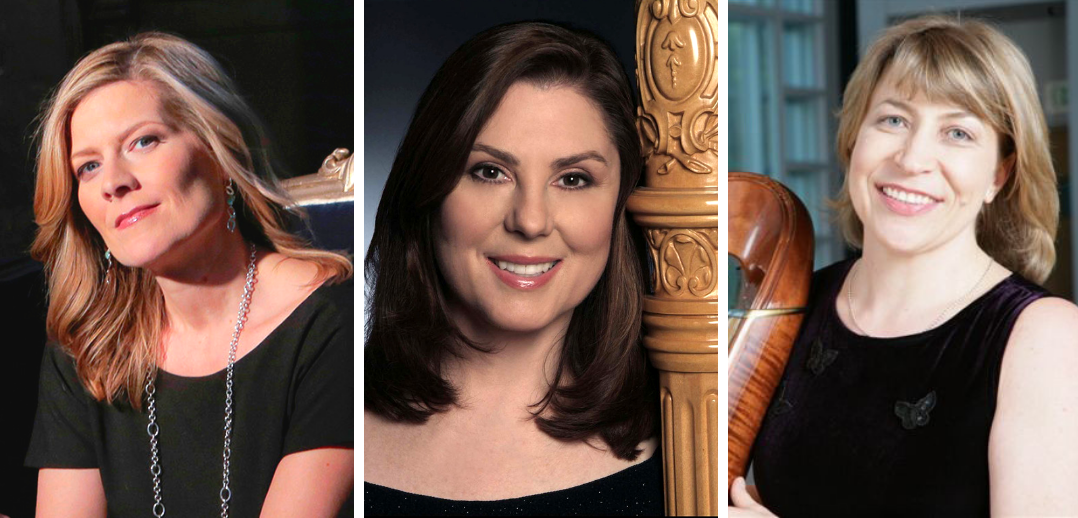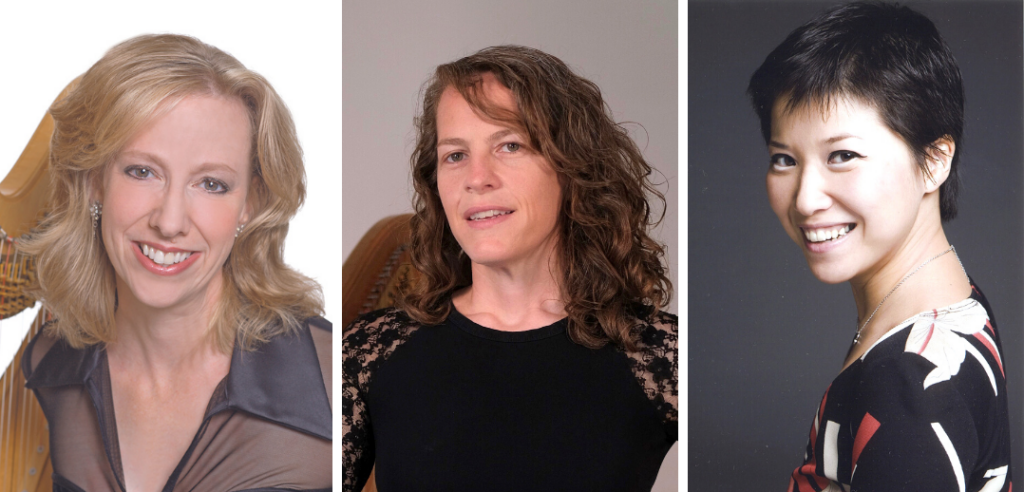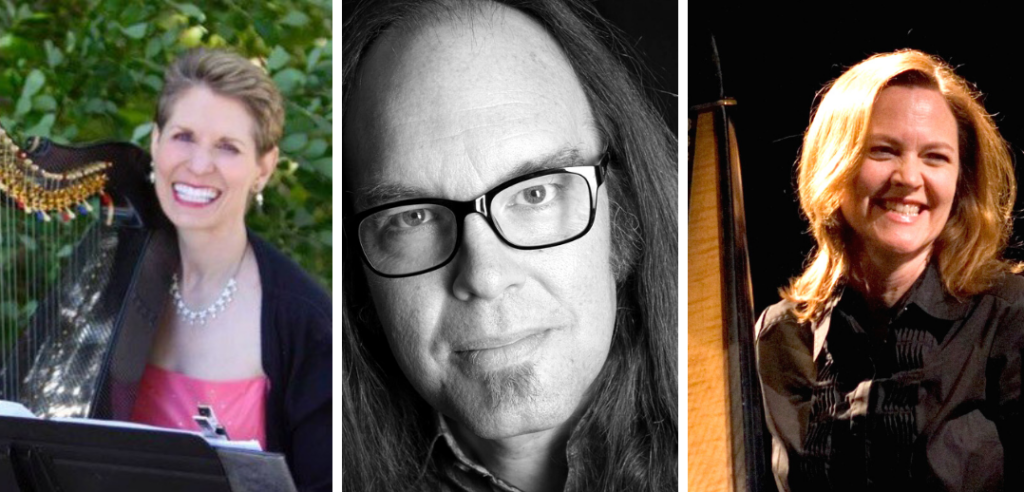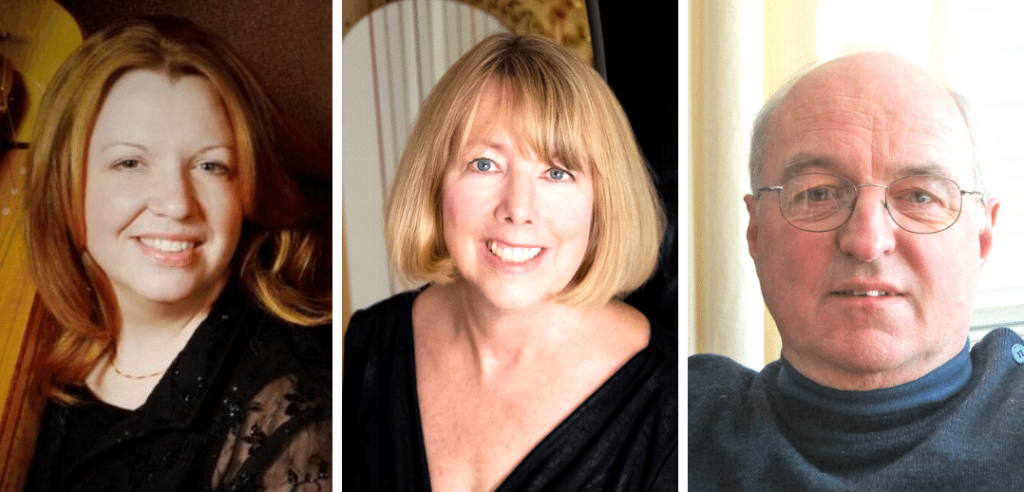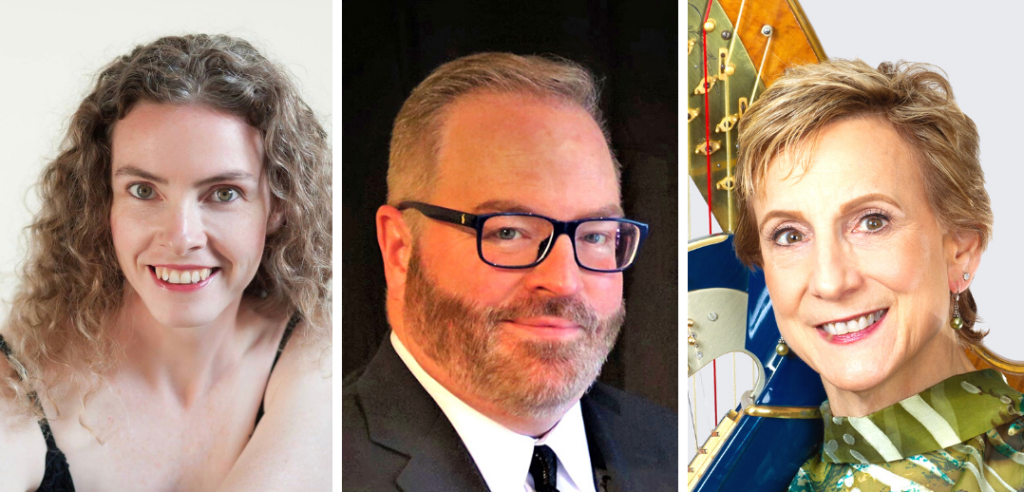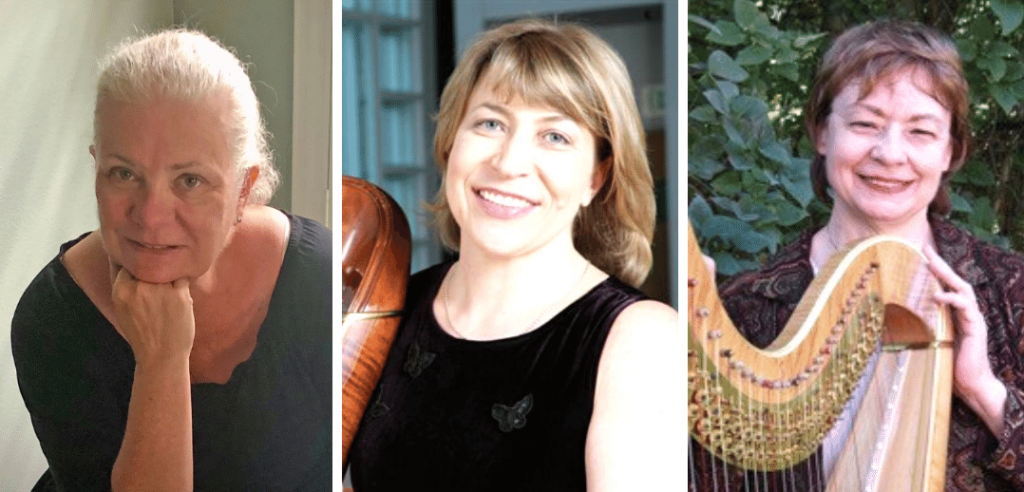I think one of the best questions a student can ask is how often they would have the opportunity to play as a soloist as opposed to playing in a group such as chamber music or orchestra. Does the school offer any regular performance opportunities in a formal concert venue? One of the benefits at the Blair School of Music at Vanderbilt University is our weekly Friday Recital, where students sign up as often as they wish during a semester to perform a solo of their choice in Turner Recital Hall. Since it is required attendance each semester for all B.Mus. degree students, it offers a wonderful platform to perform for peers and test out newly refined repertoire.
The more a school can offer through solo performances in a recital hall (not just in masterclass), the better it prepares a student for junior/senior recitals, competitions, and auditions. It helps a student boost confidence, manage nerves, improve stage presence, and ultimately become a more relaxed performer.
—Kirsten Agresta Copely is Associate Professor of Harp at Vanderbilt University and is an active performer, arranger, and recording artist in Nashville, Tenn.
Choosing where to go to college as a harpist can be difficult because so many factors play a part in the decision. The reputation of the teacher, as well as the location, size, and cost of the school, should all be considered. However, nothing is more important than finding a teacher who will care about you and help you become the best harpist possible. As you visit each music school and take a lesson or audition, ask the teacher, “What suggestions do you have for me to improve my playing?” Often they will give this advice anyway, but, if not, you should ask.
Both the information and the way in which it is presented can give you insight into the teacher’s priorities and teaching style. A great teacher will offer specific suggestions in a clear, positive, and memorable way, and will be receptive to your questions. If you feel confused or discouraged by the teacher’s comments, or the teacher does not respond well to a request for clarification, look for another school. While it may be flattering to hear only compliments, your four years of college will be frustrating if the teacher cannot articulate areas for improvement.
—Elizabeth Richter is Professor of Harp at Ball State University in Muncie, Ind.
There is one single important question you should first ask yourself, and it has two parts. Is the program right for me, and am I right for the program? The candidate has to make an assessment based on his performance at the audition and determine if the level of his playing aligns with the expectations of the school. Do opportunities the school offers fit his long term plans for achieving musical goals?
There are many other questions remaining, of course: what opportunities are offered to participate in orchestra, ensembles and chamber music, opportunities to study pedagogy and to teach, and collaboration between different departments. Meeting with the teacher and some current students will give you an opportunity to get answers regarding the harp program, academic classes, harps, practice rooms, etc. Ask questions regarding financial aid offered by each school, keeping in mind that receiving a merit scholarship might be your best chance to afford to study at your targeted school. After all of this research, ask yourself again the most important question: will the program offer the best teacher for me and will the environment help me to flourish and grow as a harpist, musician, and as a human being? Good luck! •
—Elzbieta Szmyt is Professor of Music and Co-Chair of the Harp Department at Indiana University Jacobs School of Music in Bloomington, Ind.






